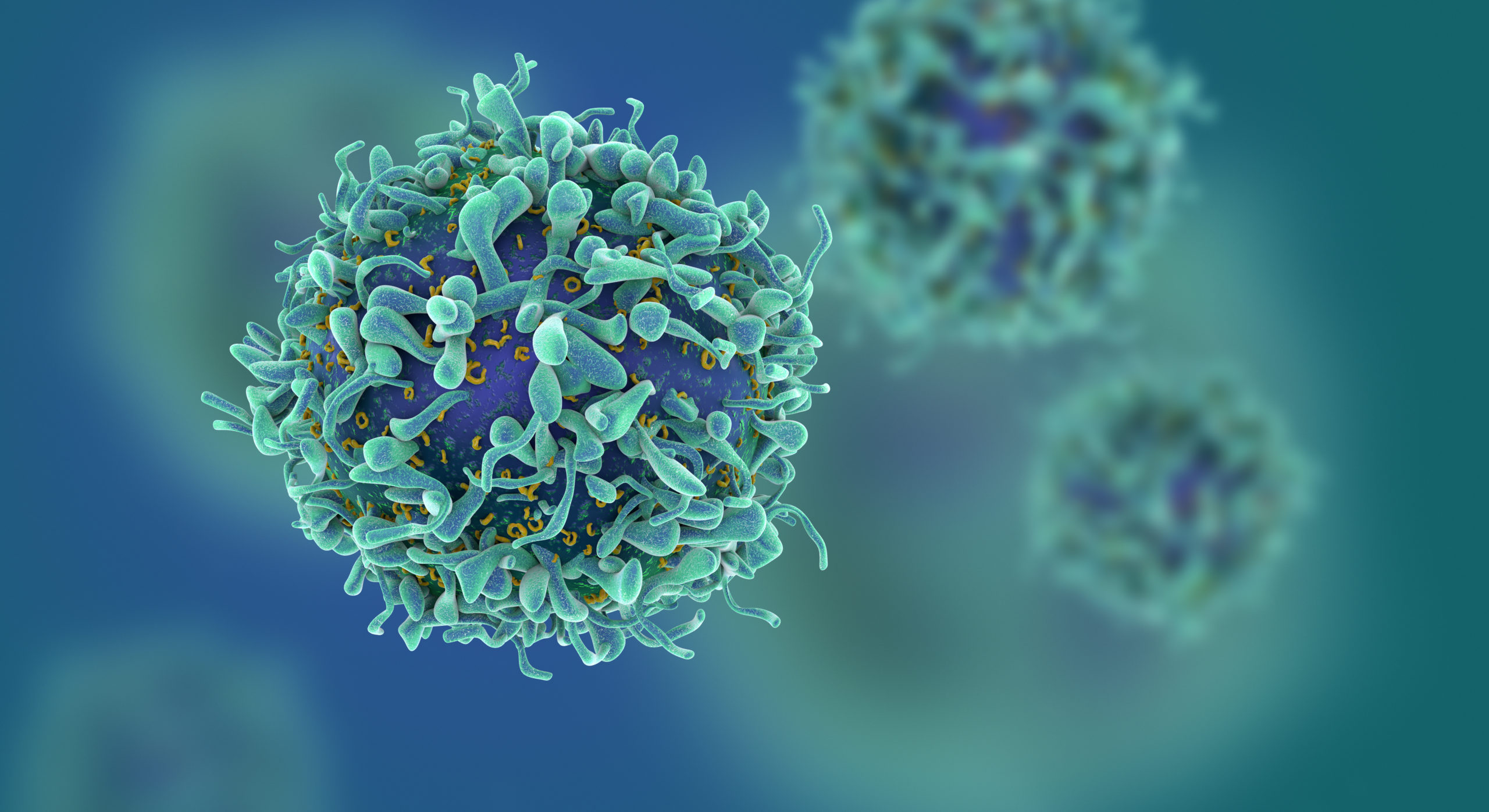
"Northwestern Medicine scientists have discovered that a subset of laboratory-modified T-cells can promote the repair of lung tissue damaged by viral pneumonia, according to a recent study published in The Journal of Clinical Investigation. The findings suggest that the cells, called induced regulatory T-cells, or iTregs, may have potential as a cellular therapy for treating viral pneumonia-induced acute lung injury, said Benjamin Singer, '07 MD, '10 GME, the Lawrence Hicks Professor of Pulmonary Medicine and senior author of the study."
""We've identified a cell type that potentially opens up a lot of avenues for therapy. In the mice that we've modeled in this paper, we show that proof of concept and also what the determinants of the cells' stability are," said Singer, who is also vice chair for research in the Department of Medicine and an associate professor of Biochemistry and Molecular Genetics."
A subset of laboratory-modified T-cells, induced regulatory T-cells (iTregs), can promote repair of lung tissue damaged by viral pneumonia. iTregs are produced by applying molecular stimulation and cytokines to convert conventional CD4 T-cells into cells with properties similar to naturally occurring regulatory T-cells. Naturally occurring Tregs are scarce in circulation, limiting direct therapeutic use. Transplantation of iTregs into mice with severe influenza pneumonia provided proof-of-concept for promoting lung tissue recovery. RNA-sequencing and analytic techniques were used to characterize iTregs and identify determinants of their cellular stability. iTregs demonstrate potential as a cellular therapy for viral pneumonia-induced acute lung injury.
Read at News Center
Unable to calculate read time
Collection
[
|
...
]